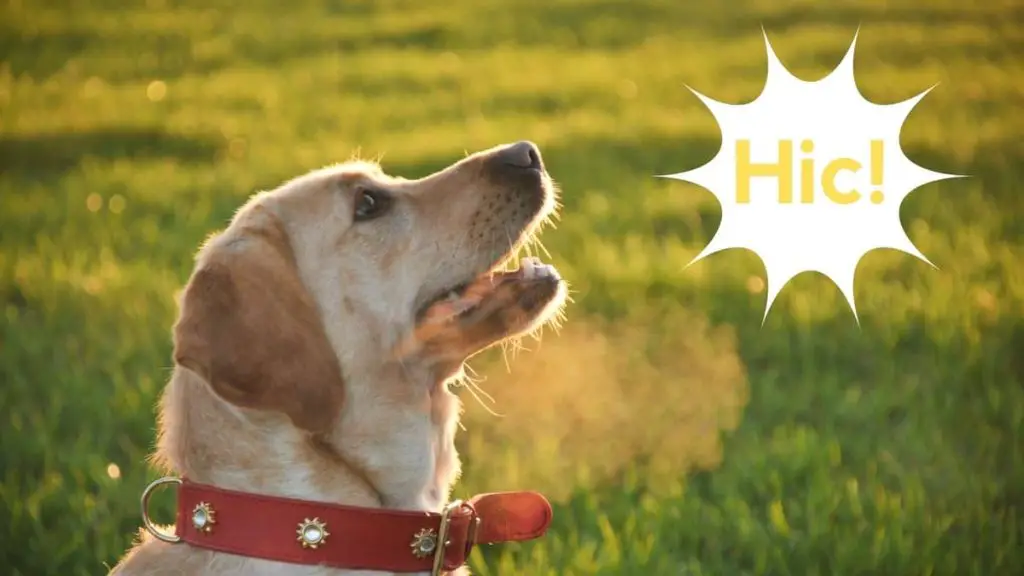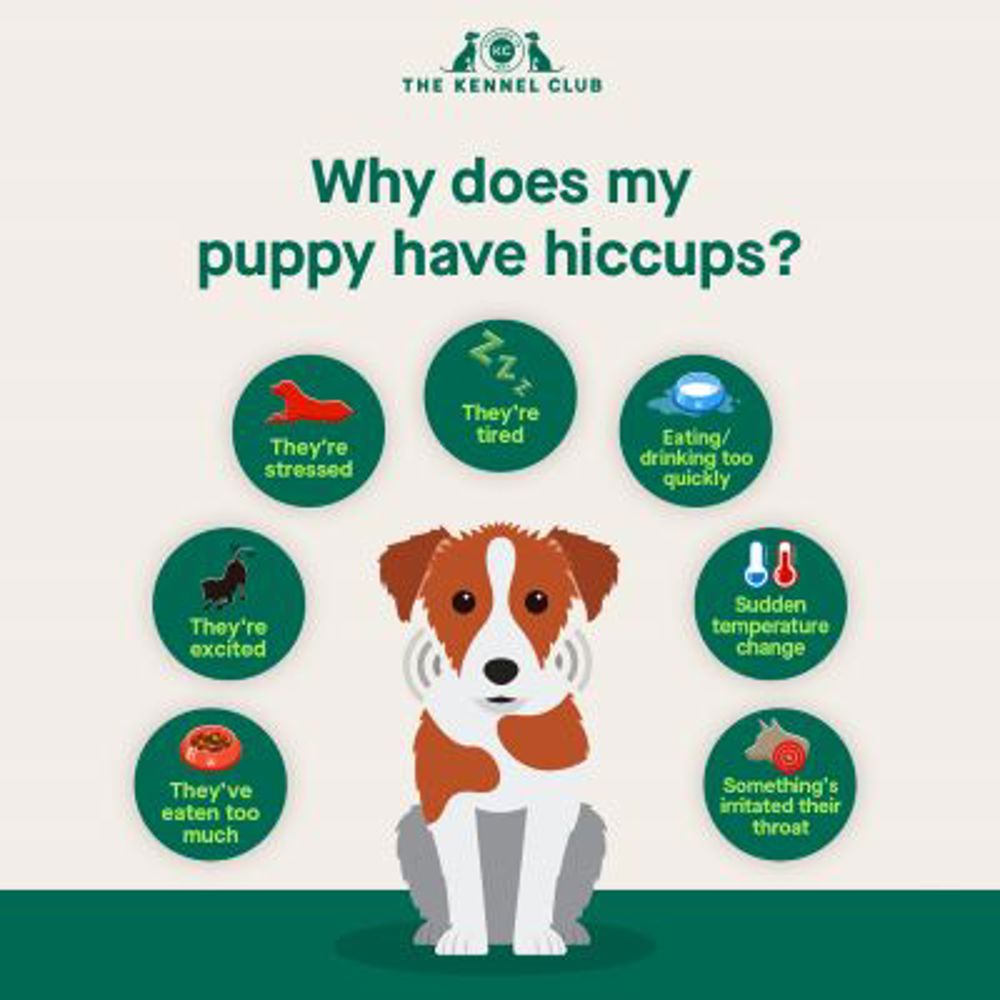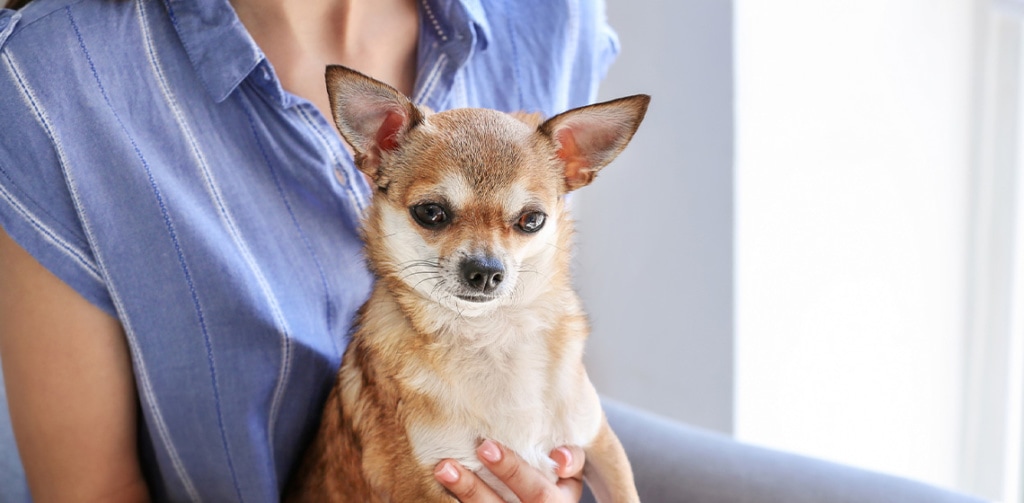Dog Hiccups Sound: Understanding Causes, Symptoms, And Remedies
Every dog owner has probably heard their furry friend make strange noises at some point, and one of the most common sounds is dog hiccups. If you’ve ever wondered why your dog gets hiccups or what you can do about it, this article is here to help. Dog hiccups sound can be both amusing and concerning, depending on the situation, and understanding the causes and remedies can ensure your pet's well-being.
Dog hiccups are typically harmless and short-lived, but they can sometimes indicate underlying health issues. By learning more about the causes, symptoms, and treatments for dog hiccups, you can better care for your furry companion. Whether your dog is a puppy or an adult, this guide will provide valuable insights into managing and preventing hiccups.
From identifying the reasons behind dog hiccups sound to exploring effective remedies, we’ll cover everything you need to know. So, let’s dive into the world of dog hiccups and discover how to keep your pet comfortable and healthy.
Read also:Tanababyxo Coomer Exploring The Phenomenon And Understanding The Impact
What Causes Dog Hiccups Sound?
Dog hiccups sound occurs when the diaphragm muscle contracts involuntarily, creating a sudden intake of air. This phenomenon is similar to human hiccups and is usually harmless. However, understanding the causes can help you address the issue more effectively.
- Eating too fast: Dogs that eat quickly are more prone to hiccups as they swallow excess air while eating.
- Excitement or stress: Emotional triggers like excitement or anxiety can lead to hiccups in dogs.
- Temperature changes: Sudden shifts in temperature may irritate the diaphragm, causing hiccups.
While these causes are common, it's essential to monitor your dog's behavior and consult a veterinarian if the hiccups persist or are accompanied by other symptoms.
How Do Dog Hiccups Sound?
Dog hiccups sound can vary depending on the size and breed of your pet. Typically, the sound is a soft, repetitive "hicc" or "huh" noise, similar to a sneeze but less forceful. Puppies are more likely to experience hiccups due to their developing respiratory systems.
For smaller breeds, the sound might be higher-pitched, while larger breeds may produce deeper, more pronounced hiccups. If your dog's hiccups sound unusual or are accompanied by wheezing, coughing, or labored breathing, it's crucial to seek veterinary advice.
Recognizing Dog Hiccups Symptoms
Besides the distinct dog hiccups sound, there are other symptoms that may accompany this condition. Observing these signs can help you determine if your dog's hiccups are normal or require medical attention.
Physical Symptoms
- Abdominal spasms: You may notice your dog's belly twitching or contracting rhythmically.
- Unusual breathing patterns: Dogs with hiccups may breathe faster or more shallowly than usual.
- Restlessness: Some dogs may seem uncomfortable or try to shake off the hiccups by stretching or pacing.
These symptoms are usually mild and resolve on their own. However, if your dog exhibits signs of distress or discomfort, it's best to consult a veterinarian.
Read also:Securely Connect Remote Iot P2p Ssh Download Android The Ultimate Guide
Understanding the Duration of Dog Hiccups
Typically, dog hiccups sound lasts only a few minutes and resolves without intervention. Puppies are more prone to prolonged hiccups due to their developing systems, but this usually diminishes as they grow older.
If your dog's hiccups persist for more than an hour or occur frequently, it could indicate an underlying issue such as gastrointestinal problems, allergies, or respiratory conditions. In such cases, a thorough examination by a veterinarian is recommended.
Effective Remedies for Dog Hiccups
While dog hiccups sound may seem harmless, addressing the issue can help prevent discomfort and potential complications. Here are some effective remedies to try at home:
1. Slow Down Eating
Encourage your dog to eat slowly by using a slow feeder bowl or placing obstacles in their food dish. This reduces the amount of air swallowed during meals.
2. Offer Water
Giving your dog small sips of water can help soothe the diaphragm and stop hiccups. Avoid offering large amounts of water at once, as this may worsen the condition.
3. Distract with Play
Engaging your dog in a calming activity or play can help shift their focus and alleviate hiccups. However, avoid overstimulating them, as excitement may trigger more hiccups.
When to Consult a Veterinarian
While most dog hiccups sound are harmless, there are instances where professional advice is necessary. If your dog experiences any of the following symptoms, consult a veterinarian immediately:
- Hiccups lasting longer than an hour
- Difficulty breathing or labored breathing
- Loss of appetite or lethargy
- Coughing or gagging
These symptoms may indicate underlying health issues such as asthma, allergies, or gastrointestinal disorders that require prompt treatment.
Preventing Dog Hiccups Sound
Prevention is key to minimizing the occurrence of dog hiccups sound. Here are some tips to help keep your pet hiccup-free:
- Regulate meal times: Feed your dog smaller, more frequent meals to prevent overeating.
- Reduce stress: Create a calm environment for your pet to minimize anxiety and excitement.
- Avoid sudden temperature changes: Keep your dog in a stable, comfortable environment to prevent diaphragm irritation.
By implementing these strategies, you can help ensure your dog's comfort and well-being.
Dog Hiccups Sound in Puppies
Puppies are more prone to dog hiccups sound due to their developing respiratory and digestive systems. The good news is that hiccups in puppies are usually harmless and diminish as they grow older.
However, if your puppy experiences frequent or prolonged hiccups, it's essential to monitor their behavior and consult a veterinarian if necessary. Providing a calm environment and feeding them slowly can help reduce the occurrence of hiccups.
Scientific Insights into Dog Hiccups
Research has shown that hiccups in dogs, like humans, are caused by involuntary contractions of the diaphragm. A study published in the Journal of Veterinary Medicine highlights the role of air ingestion and emotional triggers in causing hiccups in canines.
Understanding the science behind dog hiccups sound can help pet owners better manage and prevent this condition. By addressing the underlying causes, you can ensure your dog's comfort and health.
Conclusion
Dog hiccups sound is a common occurrence that is usually harmless and short-lived. By understanding the causes, symptoms, and remedies, you can effectively manage and prevent hiccups in your furry friend. Remember to consult a veterinarian if the hiccups persist or are accompanied by other concerning symptoms.
We encourage you to share your experiences and tips for managing dog hiccups in the comments section below. Additionally, feel free to explore other articles on our website for more insights into pet care and wellness.
Table of Contents
Article Recommendations


